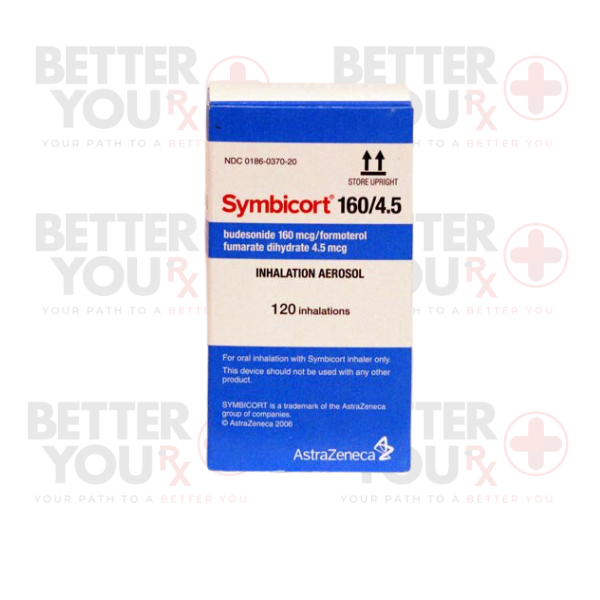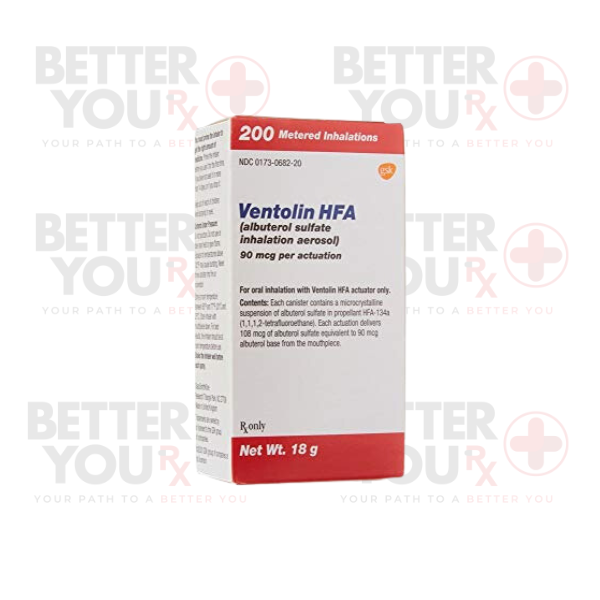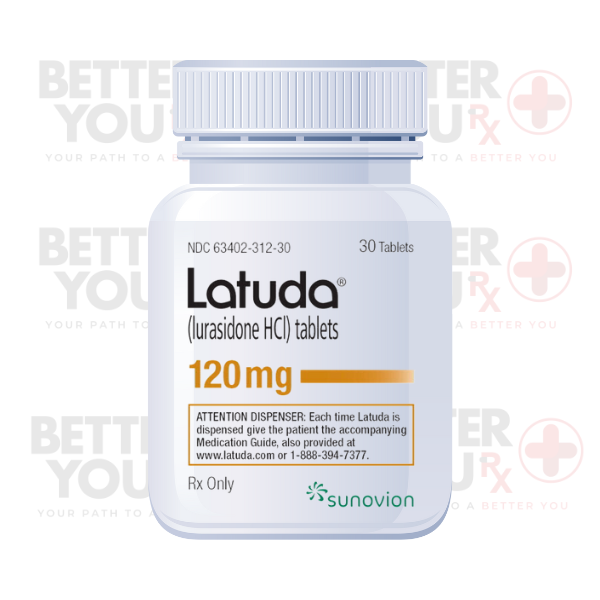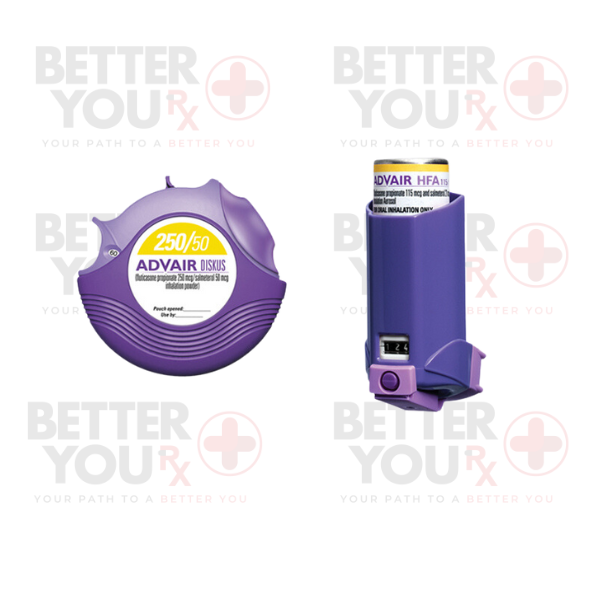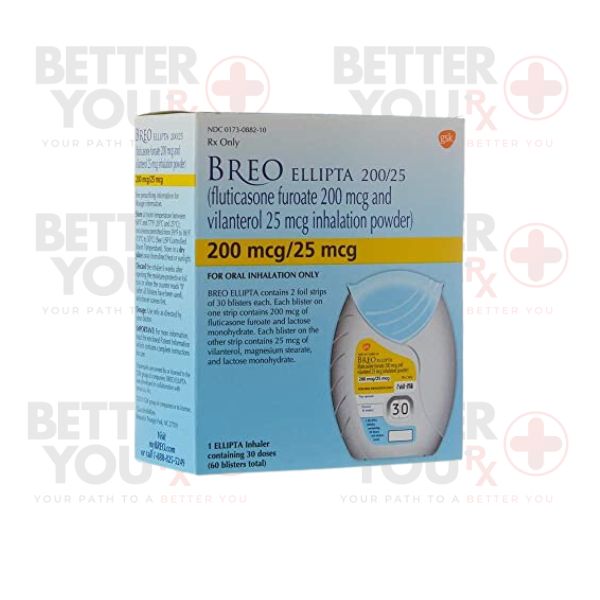| Usage |
Cimetidine is available in tablet and liquid forms for oral administration. Typically, it is taken once daily at bedtime or two to four times a day in conjunction with meals and at bedtime. Over-the-counter cimetidine, on the other hand, is generally taken once or twice daily with a glass of water. To prevent symptoms, it should be ingested within 30 minutes before consuming foods or beverages known to trigger heartburn. It's crucial to adhere to the instructions provided on your prescription label or the packaging and don't hesitate to seek clarification from your doctor or pharmacist if needed. Please follow your healthcare provider's recommendations precisely, and do not exceed the prescribed dosage or frequency. Refrain from using over-the-counter cimetidine for more than two weeks unless instructed otherwise by your doctor. If symptoms like heartburn, acid indigestion, or sour stomach persist beyond two weeks, discontinue cimetidine and contact your healthcare provider.
|
| Side Effects |
Cimetidine may lead to various side effects. If you encounter any of the following symptoms and they are severe or persistent, it's important to inform your doctor:
• Headache
• Diarrhea
• Dizziness
• Drowsiness
• Breast enlargement
While uncommon, certain side effects require immediate medical attention. If you experience any of the following symptoms, contact your doctor promptly:
• Confusion
• Excitement
• Depression
• Nervousness
• Hallucinations, which involve perceiving things or hearing voices that are not real,
Cimetidine might also trigger other uncommon side effects. If you notice any unusual issues while taking this medication, consult your doctor.
|
| Storage |
Ensure safe storage of this medication by following these guidelines:
• Keep it in its original container, tightly sealed, and out of the reach of children.
• Store it at room temperature, away from excessive heat and moisture (avoid storing it in the bathroom).
• To prevent accidental consumption by pets, children, or others, dispose of any unnecessary medications thoughtfully.
• Do not flush this medication down the toilet; instead, opt for a medicine take-back program. Contact your pharmacist or local garbage/recycling department to inquire about take-back programs in your community.
• Safeguard all medications, as containers like weekly pill organizers, and those used for eye drops, creams, patches, and inhalers are typically not child-resistant, making them easy for young children to open. To prevent poisoning accidents, always secure safety caps and store the medication in a location that is both out of sight and out of reach, ensuring it is up and away from children.
|
| Special Precautions |
Prior to starting cimetidine, take these important steps:
• Inform your doctor and pharmacist of any allergies you have, especially if you are allergic to cimetidine or any other medications.
• Provide a comprehensive list of all the prescription and nonprescription medications, vitamins, dietary supplements, and herbal products you are currently using. Specifically mention the following: anticoagulants ('blood thinners') like warfarin (Coumadin); antidepressants, including amitriptyline (Elavil), amoxapine (Asendin), clomipramine (Anafranil), desipramine (Norpramin), doxepin (Adapin, Sinequan), imipramine (Tofranil), nortriptyline (Aventyl, Pamelor), protriptyline (Vivactil), and trimipramine (Surmontil); chlordiazepoxide (Librium); clopidogrel (Plavix); diazepam (Valium); lidocaine (Xylocaine); metronidazole (Flagyl); nifedipine (Adalat, Procardia); phenytoin (Dilantin); propranolol (Inderal); and theophylline (Theobid, Theo-Dur). Your physician might need to modify your medication dosages or conduct regular monitoring to check for potential side effects.
• If you are also taking antacids (e.g., Maalox, Mylanta, Tums), digoxin (Lanoxin), ketoconazole (Nizoral), or iron salts, ensure you take them at least 2 hours before cimetidine.
• Disclose any history of human immunodeficiency virus (HIV), acquired immunodeficiency syndrome (AIDS), or kidney or liver disease to your doctor.
• Inform your doctor if you are expecting a child, intending to start a family, or currently nursing. Should you become pregnant while on cimetidine, promptly contact your doctor.
• If you are 65 years of age or older, engage in a discussion with your doctor about the potential risks and benefits of using cimetidine. It's worth noting that older adults are typically advised against cimetidine use due to safety concerns, as there are alternative medications available for the same conditions that are considered safer.
|


